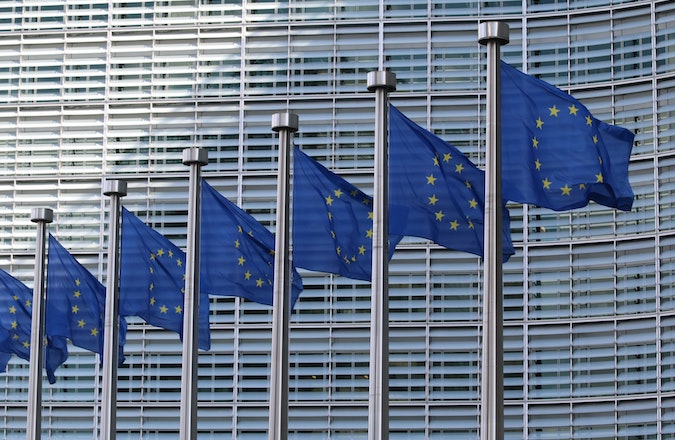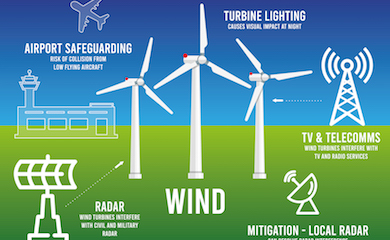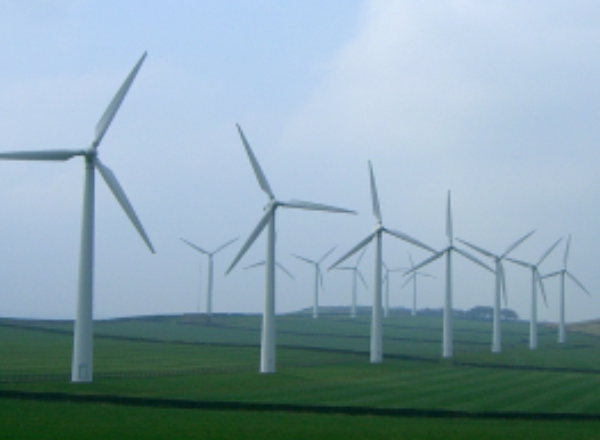Overview
The EU has released plans as part of the new EU Energy Taxation Directive (ETD) to increase taxes on polluting fuels and implement a levy on kerosene across the EU. As one of the 12 policies announced by the European Commission, the plan is part of a wider restructuring of the EU ETD to reach its ‘Fit for 55’ climate goal, which aims to cut greenhouse gas emissions by 55% by 2030.
Figure 1: European Commission Flags. [3]
The EU Energy Taxation Directive
The EU ETD is a framework created in 2003 that sets out the minimum excise duty rates for the taxation of energy products such as motor fuel and heating fuel, and electricity across the EU. Member states are able to set their own tax rates; however, this framework just provides the minimum rates expected.
The ETD is undergoing a large restructuring as, according to the European Commission, the current rules “do not promote energy efficiency, cleaner and sustainable alternative fuels, or investment and innovation in clean technologies and sustainable energy” [1].
Under the current ETD, airlines are exempt from fuel taxation.
New Beginnings
The new plans set in motion a gradual ten-year increase of a minimum rate on kerosene used in the aviation for intra-EU flights. The minimum rate increase will start in 2023 and will result in all intra-EU flights being taxed at least €10.75/GJ (Gigajoules), the same tax applied to petrol for road transport, by 2033.
Sustainable Aviation Fuels (SAFs) will not be subject to the minimum rate during the ten-year period, nor will renewable hydrogen. The intention is that this will encourage the switch to sustainable fuels and punish the use of high-polluting fuels, which will help reduce the carbon emissions emitted by the aviation industry.
Of course, the new ETD has seen residence from aviation industry members. In an interview conducted by International Tax Review, Thomas Reynaert (A4E’s Managing Director) said: “Taxes take money away from airlines to develop new technologies which would help us better decarbonise. Alongside other taxes, a tax on fuel is not very effective. The sector is looking at different ways to reduce its environmental footprint, but no credible study shows that a tax on fuel would change consumer attitudes towards flying, rather it would result in flights simply becoming more expensive” [2].
Conclusions
After almost 20 years, the European Commission has chosen to modernise its energy taxation policies. Although fairly drastic, it is unclear at this stage whether the fuel taxes will spark a sustainable fuel revolution and help reduce carbon emissions, or just hike the cost of aviation without any real benefit to the climate.
About Pager Power
Pager Power can help developers of renewable energy systems ensure that their developments can safely co-exist with airports – thus enabling airports to eliminate their own carbon emissions. For more information please contact Mike Watson on 01787 319001.
References
[1] European Commission, 2021. Revision of the Energy Taxation Directive (ETD): Questions and Answers. [online] European Commission. Available at: <https://ec.europa.eu/commission/presscorner/detail/en/qanda_21_3662> [Accessed 15 July 2021].
[2] International Tax Review, 2021. A tax on jet fuel will not significantly reduce emissions. [online] International Tax Review. Available <https://www.internationaltaxreview.com/article/b1p3cgvx5lth4f/a-tax-on-jet-fuel-will-not-significantly-reduce-emissions> [Accessed 15 July 2021].
[3] Guillaume Périgois (July 2020) from Unsplash.com. Last Accessed on 31 Jan 2022. Available at: https://unsplash.com/photos/0NRkVddA2fw




